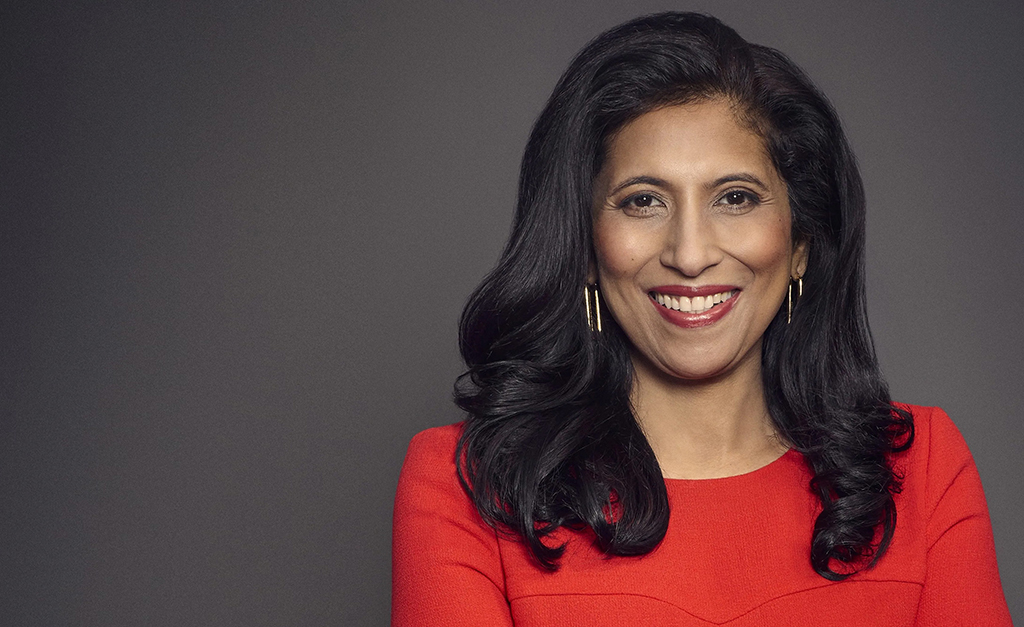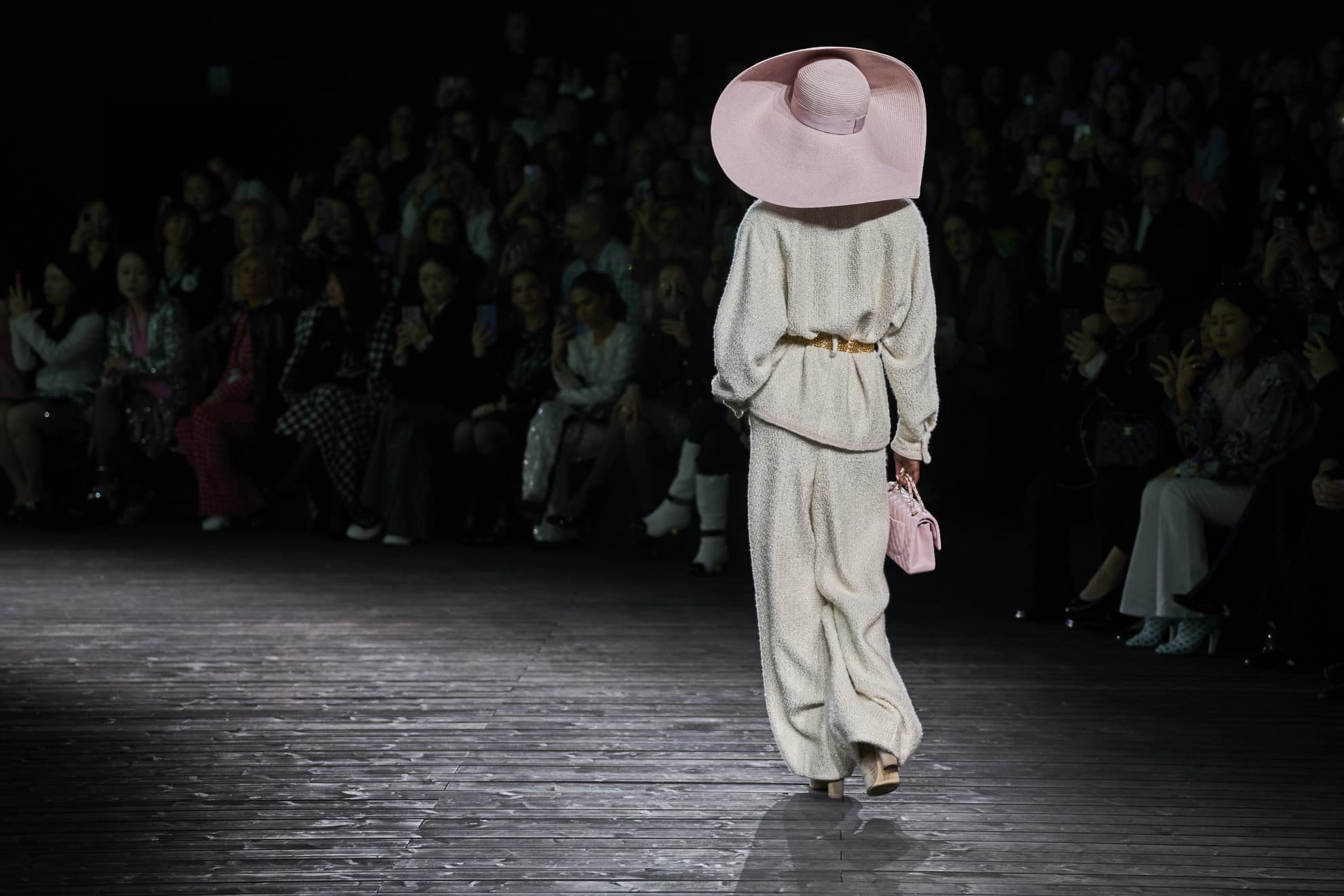Luxury Brand Aims for Global Price Harmonization Amid Rising Costs
Chanel’s CEO Leena Nair has addressed the luxury brand’s recent price increases, which have seen iconic products such as the classic Chanel flap handbag surpass the €10,000 mark in Paris for the first time. In an interview with Bloomberg’s Francine Lacqua on “Leaders With Lacqua,” Nair justified these adjustments as a response to global inflation and the brand’s commitment to high-quality, labor-intensive production processes.

“We use exquisite raw materials and our production is very rigorous, laborious, handmade — so we raise our prices according to the inflation that we see,” Nair explained, shedding light on the factors behind the pricing strategy. She emphasized that Chanel’s products are crafted to meet the highest standards of quality, which involves significant manual effort and the use of premium materials.

Nair highlighted that Chanel’s clientele is comparable to those of other luxury stalwarts like Hermès International SCA and Rolex, known for their affluent consumer base whose spending habits are generally unaffected by economic downturns or geopolitical uncertainties.
Chanel, founded over a century ago by the iconic Coco Chanel, is focused on achieving “sensible and modest growth,” according to Nair. She pointed out that being privately held allows the company more leeway to maintain its commitment to quality over chasing short-term profits.
Appointed as the CEO of Chanel in January 2022, Nair came from a significant tenure as the head of human resources at Unilever Plc. She reiterated Chanel’s stance against going public, maintaining the brand’s private ownership under the billionaire Wertheimer brothers, Alain and Gerard, who each have an estimated fortune of $50 billion.
The company, originally founded in Paris but with its headquarters in London since 2018, releases its financial results annually around late May. In its latest report, Chanel recorded a revenue increase of 17 percent, reaching $17.2 billion in 2022.

Nair also discussed Chanel’s approach to pricing harmonization across its global markets. The brand adjusts its prices in various regions to minimize price discrepancies for its customers, aiming for fairness and consistency in what consumers pay, regardless of where they make their purchases. “Our clients shouldn’t experience excess price differentials. No matter where they buy, we want to stay fair to all our clients everywhere,” she concluded.
